High blood pressure. Chest pain. Heart attacks. Is being a sports fan bad for your health?
As a boy in Chile, Miguel Maturana was taken to soccer games on the shoulders of his father, who joined the sea of people in the stadium cheering wildly.
“I was like, ‘Dad what's going on?’” Maturana remembered. “He would be yelling during the entire game and be getting very passionate about it.”
It was clear to Maturana, from an early age, that many people in his native country loved the sport. But as he got older, he noticed another trend: There were spectators in the stadium experiencing cardiovascular events. Fans would have chest pain, transient increases in blood pressure, and arrhythmias. On rarer occasions, they would even have heart attacks and sudden cardiac deaths.
But what was the reason for this? After all, wasn’t heartbreak for sports fans meant to be figurative, not literal? And if this was a trend in Chile, was it happening in other places, too?

Today, Maturana is a Memphis-based doctor and the chief cardiology fellow at the University of Tennessee Health Science Center College of Medicine, and he set out to address questions like those. Working with a team of researchers from UTHSC and Christian Brothers High School, he scoured PubMed, the biomedical literature database managed by the National Library of Medicine, and analyzed studies from the last 50 years that showed connections between sports, emotions, and cardiovascular outcomes.
Published in ScienceDirect, his research was titled “Are Die-Hard Football or Other Sports Fans at Risk of Cardiovascular Events?”
Here’s what Maturana and his team found.
Powerful emotions
Before we continue, I should say this: Don’t panic. Being passionate about your favorite team doesn’t mean you’re going to drop dead from a heart attack the next time it plays. There’s a chance your preferred sport isn’t among those whose fans appear to be at increased risk of cardiovascular events. And even if it is, there’s no reason you can’t continue to support your team, celebrating its victories and mourning its losses. But more on that later.
Can you die from a broken heart? The potentially fatal effects of heartbreak.
According to Maturana’s analysis, the four sports that have the most connections to cardiovascular events are soccer, hockey, rugby, and cricket. And the most common events experienced were transient blood pressure increases, irregular heartbeats, chest pain, heart attacks, and sudden cardiac deaths.
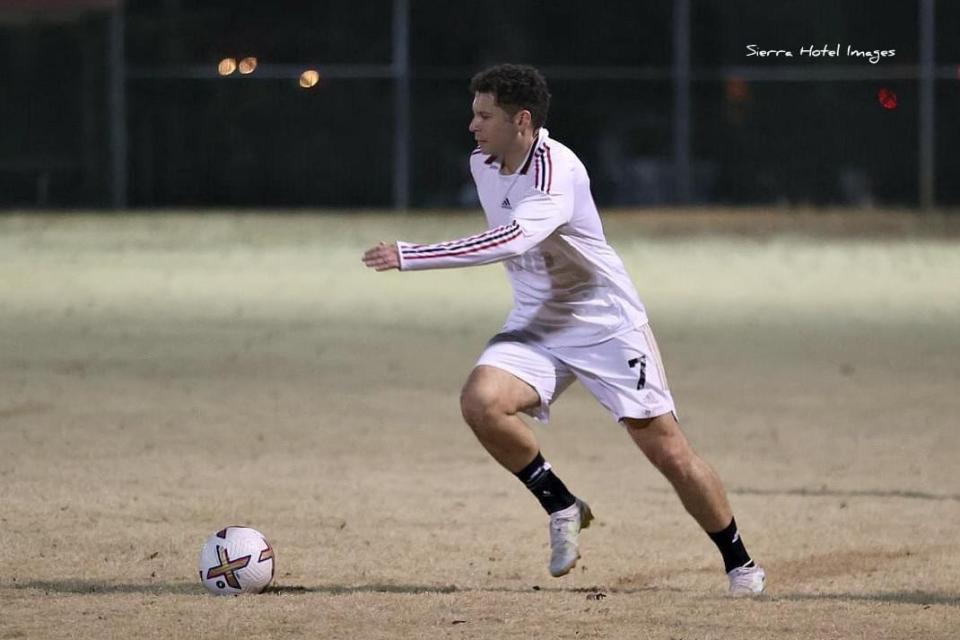
These incidents also tended to occur at particular times. Generally, they would occur near or at the end of games, and often, they would happen during semifinals or championship games, when the stakes were highest.
“That's one of the things they found: most of these events and emotions related to the sport, and the number emergency room visits with these patients, were closely or more strongly associated to the finals of the competition,” Maturana explained. “When the event was in the most important part of the competition, that's when they saw most of the patients going to the emergency room.”
This makes sense. In things like finals and tournaments, it’s a do-or-die scenario, and tensions are high. I’m sure fellow Memphis Grizzlies fans can recall the team’s seven-game playoff series against the Oklahoma City Thunder in 2014, which featured four straight overtime games. I felt like I was going to have a heart attack that series, and I was only 18.
At times like these, passionate fans can be overwhelmed with emotion, and this can contribute to cardiovascular events. But hold on. Why is that?
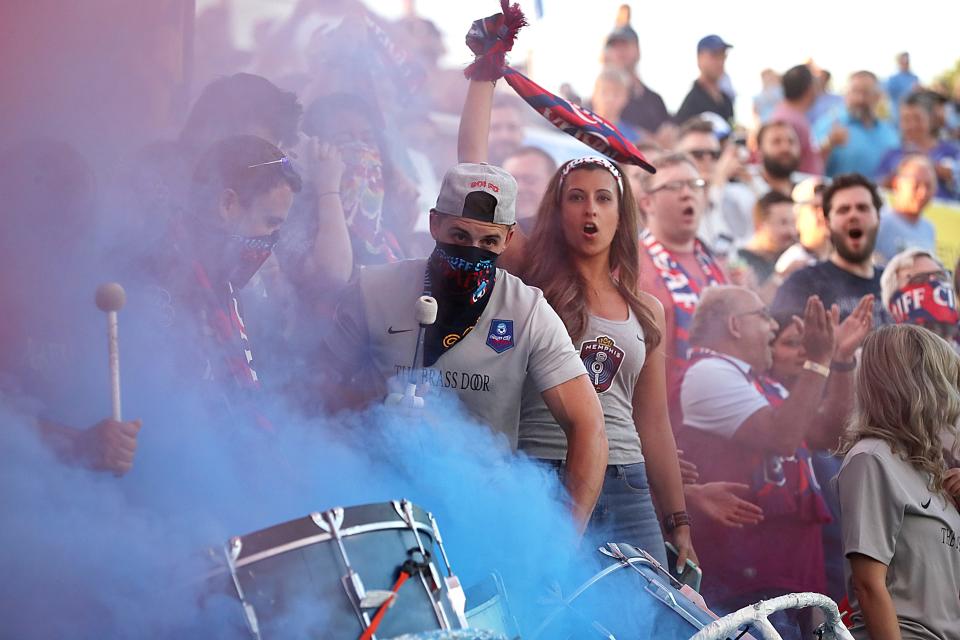
“Why do emotions cause cardiovascular problems?” Maturana said. “Why don’t emotions cause good things?”
Nervous? Let's talk about your nervous systems
Emotions can, of course, cause good things, too, as Maturana knows. But that’s not always the case in sports.
Everyone has a sympathetic nervous system and a parasympathetic nervous system. Think of the sympathetic nervous system as the “fight or flight” system; it’s best known for its role in responding to dangerous or stressful situations. The parasympathetic nervous system, on the other hand, tends to be activated when resting or sleeping. Think of it as the “rest and digest system.”
These two systems are supposed to work together to keep the body in balance. But during an intense sports match, the sympathetic nervous system can completely take over, causing a dramatic imbalance that can cause problems.
“There is a big imbalance between sympathetic and parasympathetic,” Maturana said. “The sympathetic kicks in, the parasympathetic is ignored, pretty much, and that overstimulation of the sympathetic nervous system leads to tons of cardiovascular outcomes. It’s like a snowball effect.”
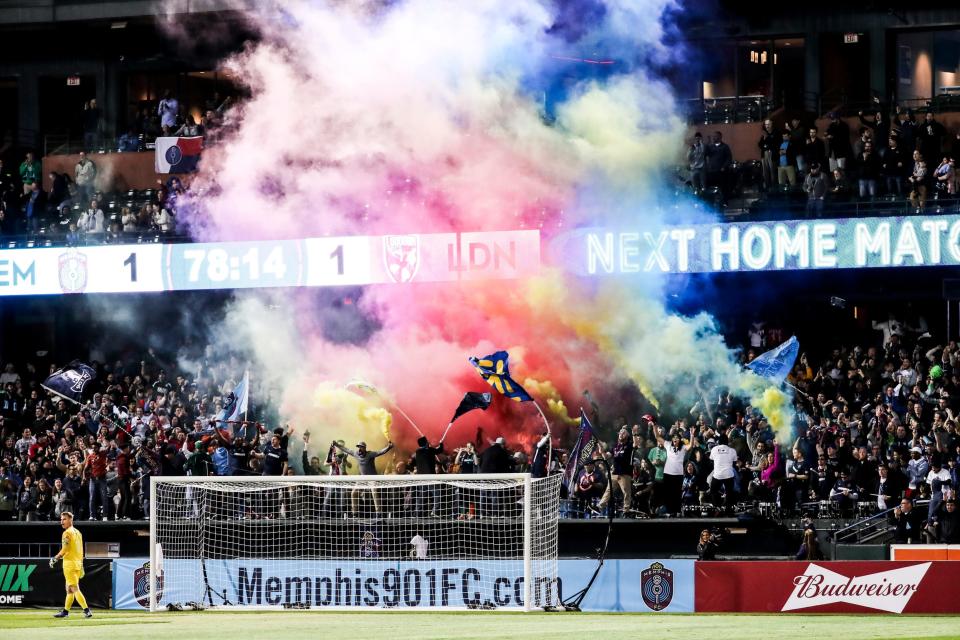
This imbalance doesn’t just come if a fan’s team loses, either. Sure, it might stem from anguish over an agonizing loss. But it could also stem from excitement over a major victory.
More: Winning matters, but youth coaches shouldn't let it consume them. Here are some tips.
“It’s not necessarily related to the outcome itself, but the emotion that the outcome has triggered,” Maturana said.
You might think that this type of overwhelming emotion only comes if a fan is in the thick of it at the stadium. Not necessarily. The drastic imbalance between sympathetic and parasympathetic nervous systems can occur on a couch at home, too, if a fan is particularly fervent.
Fatty foods and plenty of stress
This imbalance, however, is just one of several factors that have been linked to cardiovascular incidents at sporting events. Another is considered environmental, and it primarily affects people who attend a game in person. This one comes down to consumption. Think about the food typically consumed at matches across sports.
Stadium food, like hot dogs, pizza or nachos covered in cheese, is often fatty and salty, and it’s regularly paired with alcohol. Neither do you any favors.
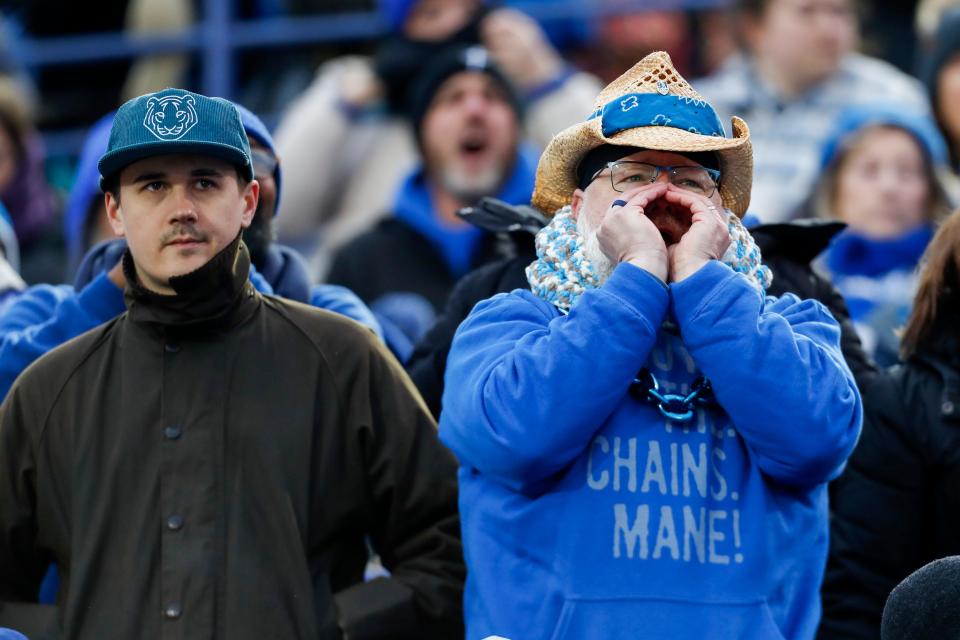
“Dietary factors [have an] affect also, they create a transient increase in cholesterol,” Maturana said. “A transient increase in alcohol can also raise your blood pressure.”
An increase in cortisol ― a stress hormone ― is known to play a factor as well, and like alcohol, it can raise blood pressure. Another potential issue is an imbalance between the body’s procoagulant factors and the anticoagulant factors, which make blood thicker and thinner, respectively. The procoagulant factors making blood thicker can block blood vessels, which can cause chest pain.
Exactly what causes the anticoagulant and procoagulant imbalance during sporting events isn’t clear. But it isn’t ideal, especially if it’s paired with a keyed-up sympathetic nervous system, fatty food, alcohol, and loads of stress.
These factors, however, are more likely to affect some people than others. Take patients who have underlying health conditions or have had prior cardiovascular events previously. Maybe they’ve suffered from a heart attack in the past. Maybe they have high blood pressure, high cholesterol, diabetes or other issues.
“All of these patients with high-risk factors that go to the stadium, and are exposed to these high emotions, salty food, fatty food, smoking, alcohol, and their team is going to a final, those are probably at a higher risk,” Maturana said.
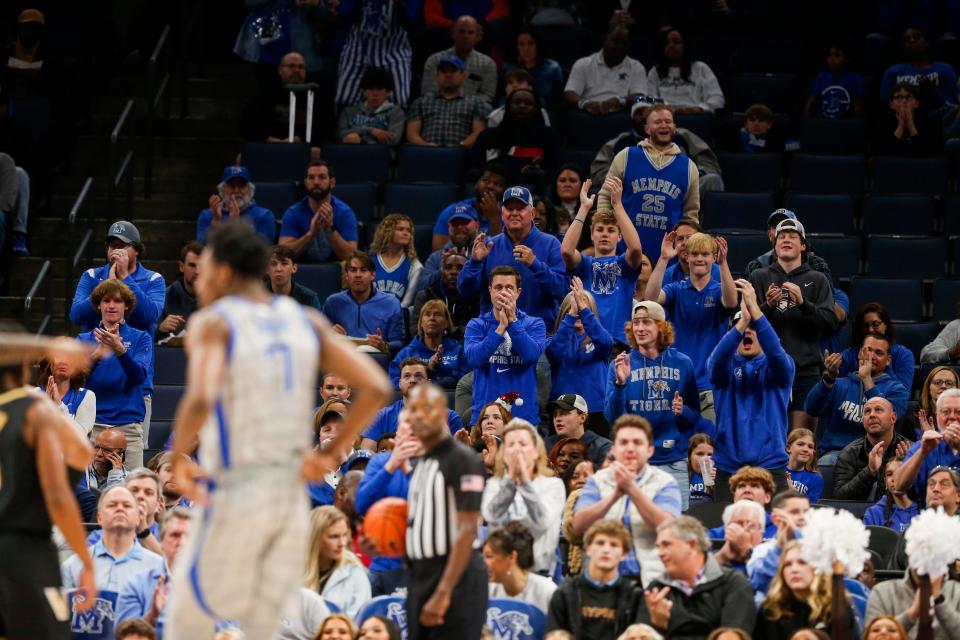
That’s not to say people who are young and in perfect health won't ever have a cardiovascular event at a game.
“These are the young people that we were talking about,” Maturana said. “Definitely, patients who are completely healthy, and they have no history of cardiac disease, can experience similar events.”
'Calm down'
At first glance, that might seem disconcerting. But let’s circle back: Don’t panic.
Again, the sports with the most links to cardiovascular events were soccer, hockey, rugby, and cricket. And even if you love one of these sports, the odds of having some kind of heart problem during a game are slim.
“I think it's unlikely… People should still enjoy their sports,” Maturana said. “But I will say, people with a history of prior cardiac events or risk factors, they should be a little bit more careful… When they're in the event itself, for them to know these things we're discussing is important. They can try to relax; they can try to calm down a little bit and not get affected by the score as much. I think knowing these things is important, so they can prevent it.”
This article originally appeared on Memphis Commercial Appeal: Being a sports fan can actually break your heart. Here's how.

